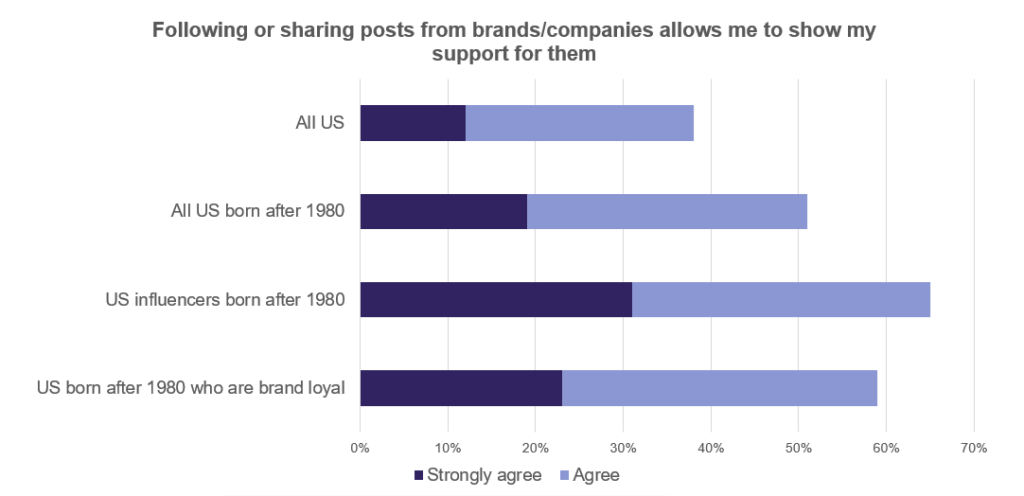Consumer Partners: Who They Are And Why You Should Care

Business-to-business partnerships are a long and well-established way for businesses to grow. Many software companies, for example, owe the lion’s share of their revenue from sales through partners.
Partnering with consumers, however, is less mature and less industrialized, even if the practice is actually very widespread.
First of all, what is a consumer partner or a consumer partnership?
Relationships between a business or brand and individuals who are not directly employed by it, wherein the individual does work with or for the brand in some way — with or without material recompense — outside of either buying a product or service or delivering the product or service.
Most business managers who deal with consumer partners will know them in a more specific way, depending on how they partner:
- Social, digital, or content marketers will think of consumer partners as influencers.
- Performance marketers will think of consumer partners as affiliates.
- Loyalty marketers will think of consumer partners as their most engaged customers.
- Other marketers may think of consumer partners as advocates, or ambassadors, or research panelists, etc.
Ultimately, there are a lot of people working with these consumer partners but each in their own way.
They could just continue to do so, each in their own way, but I think there may be an opportunity to think about partners more holistically. Why?
Three big reasons:
1. The Population Of Potential Consumer Partners Is Larger Than You’d Think
This year, our annual survey of more than 140,000 US consumers aged 18 and up asked how many described themselves as social media influencers; about 5,500 concurred. Backing that out to the entire US population aged 18-plus (more than 255 million) gives more than 9 million Americans who’d say they are social media influencers.
Further, according to an interesting study by Vuelio, which sampled around 500 influencers, those influencers who see it as their main source of income doubled during the last four years.
2. Consumers Are Willing To Partner With Brands More Frequently Than Marketers Currently Suspect
Each year, we ask those 140,000 US adult consumers (and others around the world) a battery of questions about their attitudes toward brands in social media. Specifically, we ask whether they agree that “Following or sharing posts from companies/brands allows me to show my support for them.” You’d probably be surprised to hear that around four in 10 broadly agree, a figure that’s been stable for the past three years.
Among some interesting consumer segments, that figure also rises considerably:

3. Consumers Play A Large, Rising Role In Convincing Other Consumers Where To Shop And What To Buy
It’s increasingly the exception that proves this rule. High-net-worth individuals do not look to their peers when it comes to investment decisions (they think they know better or outsource those decisions to professionals). In almost all other samples, consumers cite family, friends, other consumers, and experts as the key sources of data informing the brands they consider and select.
Simultaneously, many of marketers’ traditional levers of promotion are showing signs of weakness.
For these reasons, I’ve argued in the past that consumer partners demand more rigorous analysis, focus, and strategy development by brands and marketers. I argue that marketers should consider a more holistic consumer partner strategy. If you think that sounds interesting and want to discuss, consider booking an inquiry (clients only).
